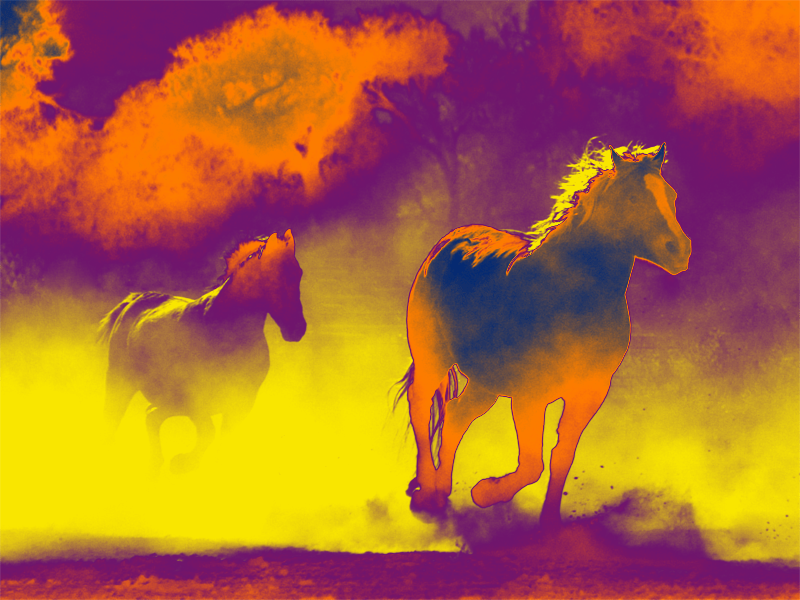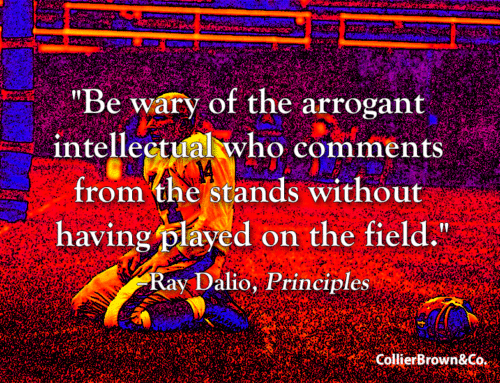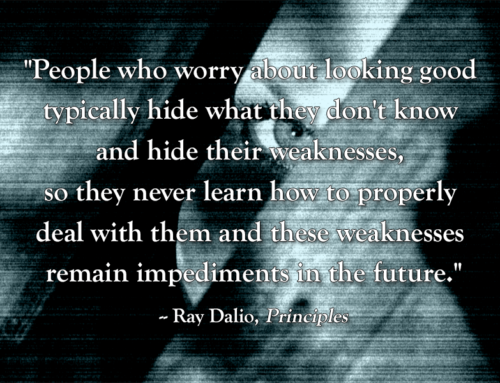Monty Roberts is a horse whisperer. He is one of a few horse trainers that use specific methods to start horses rather than break them. Roberts notes that the “secret” to his process is clear and in the open for any and all to see: horses have their own ways of communicating, el lenguaje del caballo, the language of the horse. The trainer’s challenge is speak to them in their language, in a way that they can understand, in order to get them to do the things we wants them to do. (The Leader’s Voice)
Stories are the language of people.
Storytelling is a universal human activity. At every stage in history, every society has both told stories and listened to them, with intent and with passion. This is how people tell each other who they are, where they come from, what they believe, and how they’re unique from one another. This is how people capture their memories of the past and define their hopes for the future.
We are naturals when it comes to creating stories from what we see and hear. In a 1944 study, psychologists showed people an animation of two triangles followed by a circle. People described what they saw as a story, “The circle is chasing the triangles.”
“The last few decades have belonged to a certain kind of person with a certain kind of mind—computer programmers who could crank code, lawyers who could craft contracts, MBAs who could crunch numbers. But the keys to the kingdom are changing hands. The future belongs to a very different kind of person with a very different kind of mind—creators and empathizers, pattern recognizers and meaning makers. These people—artists, inventors, designers, storytellers, caregivers, consolers, big picture thinkers—will now reap society’s richest rewards and share its greatest joys.”—Dan Pink, A Whole New Mind
Most people get nervous when you suggest they become good storytellers. Well, that’s a bunch of nonsense, they already are! They just don’t know it. I usually find that they’ve conjured up some performance anxiety or that they think they have to tell an epic saga each and every time. Sure, it’s useful to know what kind of story is best for a given situation. Experience will teach those lessons, if there’s no other teacher. As for the epic saga fear, there’s a literary legend that the great American writer Ernest Hemingway was once challenged in a bar to write a story in six words. He wrote:
For sale: baby shoes, never worn.
What’s your story?
In Other Words…
“What we sell is the ability for a 43-year-old accountant to dress in black leather, ride through small towns and have people be afraid of him.” – Harley-Davidson executive, quoted in Results Based Leadership
“Man is eminently a storyteller. His search for a purpose, a cause, an ideal, a mission and the like is largely a search for a plot and a pattern in the development of his life story—a story that is basically without meaning or pattern.” – Eric Hoffer
“If history were taught in the form of stories, it would never be forgotten.” – Rudyard Kipling
“‘I would ask you to remember only this one thing,’ said Badger. ‘The stories people tell have a way of taking care of them. If stories come to you, care for them. And learn to give them away where they are needed. Sometimes a person needs a story more than food to stay alive. That is why we put these stories in each others memory. This is how people care for themselves. One day you will be good story-tellers. Never forget these obligations.'” – Barry Lopez, Crow and Weasel
“They say such nice things about people at their funerals that it makes me sad that I’m going to miss mine by just a few days.” – Garrison Keillor
“To be a person is to have a story to tell.” – Isak Dinesen
“Our lives rest on a cushion of stories.” – Thomas Moore, Care of the Soul
“A key—perhaps the key—to leadership is the effective communication of a story.” – Howard Gardner, Leading Minds: An Anatomy of Leadership
In The Word…
“Then he told them many things in parables…” – Matthew 13:3a






